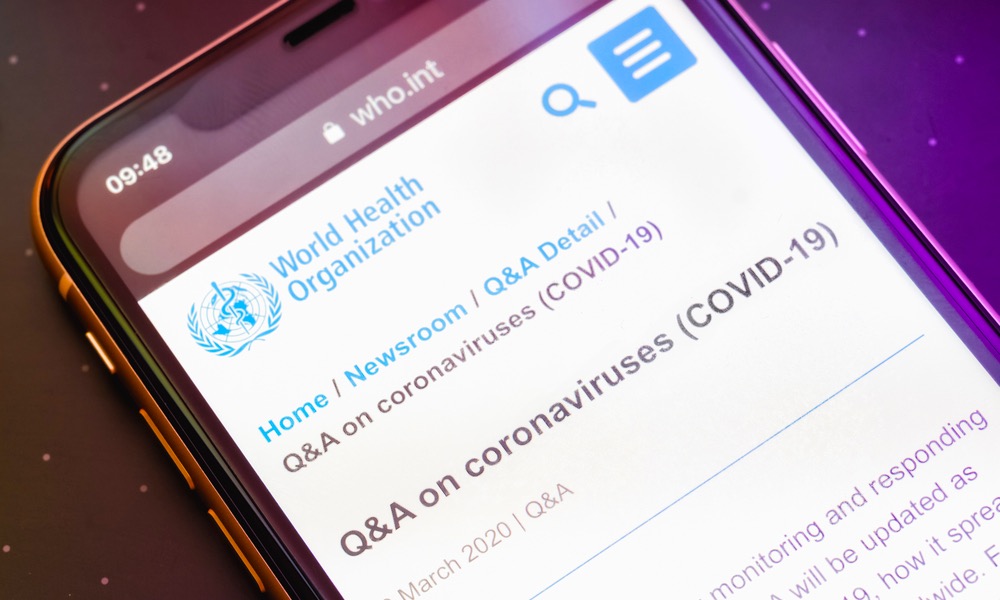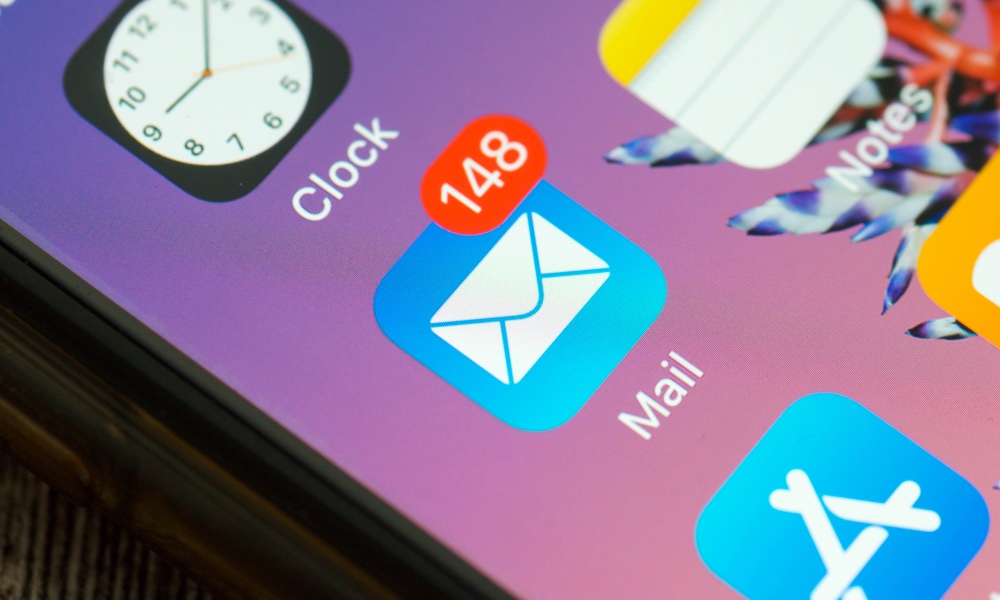PSA: Beware of These Common Coronavirus Scams Online
 Credit: ezphoto / Shutterstock
Credit: ezphoto / Shutterstock
The COVID-19 pandemic has been an event tainted by political tension, intentional misinformation and a lot of anxiety. People are worried about what will happen to them and their loved ones. Unfortunately, that also makes it an opportune time for others to profit off of panic.
Scammers and con artists are using this time to seek financial gain from those filled with fear and distress, whether they be families, the elderly, or those concerned for their own health. Continue reading to browse a list of significant scams to keep an eye out for online.
COVID-19 Phishing Scams
Fraudulent emailers, or "Phishers," have been an active practice since 1995, when the term was first coined. These individuals will often pretend that they're someone of importance. Perhaps they are the WHO, asking for donations to fight off the virus? Maybe it's the IRS requesting additional information so they can mail you your stimulus check. These emails will use crafty techniques to steal a user's money, financial information, and identity in hopes of profiting from your errors.
Thankfully, there are guidelines one can keep in mind to spot a possibly malignant email. These include watching for spelling errors, noting the origin of the email, and not falling for suspicious prompts that might demand immediate responses.
Offering Fraudulent COVID-19 Vaccines, Cures, etc.
At this time, there is not a coronavirus vaccine or cure available for the general public. Anyone who says differently is selling you something.
The FDA has reported that there are several groups that are trying to sell fraudulent products that will supposedly cure COVID-19, or that will minimize infection. These may be anything from having early access to a vaccine early to knowing another "secret" to fight off the virus. While these might sound promising, it is important to note that vaccines will not be widely available to the public until the spring or summer of 2021.
Stimulus Thievery
The government provided $1,200 stimulus checks to Americans in hopes of taking the burden off of them during this period. Unfortunately, a number of scammers and con artists saw this as a chance to take advantage of others in hopes of stealing that $1,200 away from them. But it's not over, as more checks are on the way.
If strange emails request information in exchange for the new stimulus check arrives in your email, it's best to double-check it and ignore it. American citizens should receive a letter within two weeks of the filing, letting them know that their payment has been issued (whether it is in the form of a paper check or a direct deposit into their bank account.)
If you do get a scam message of some kind in your email or via phone, the FTC encourages that you file it away in their complaint assistant for future investigation.



